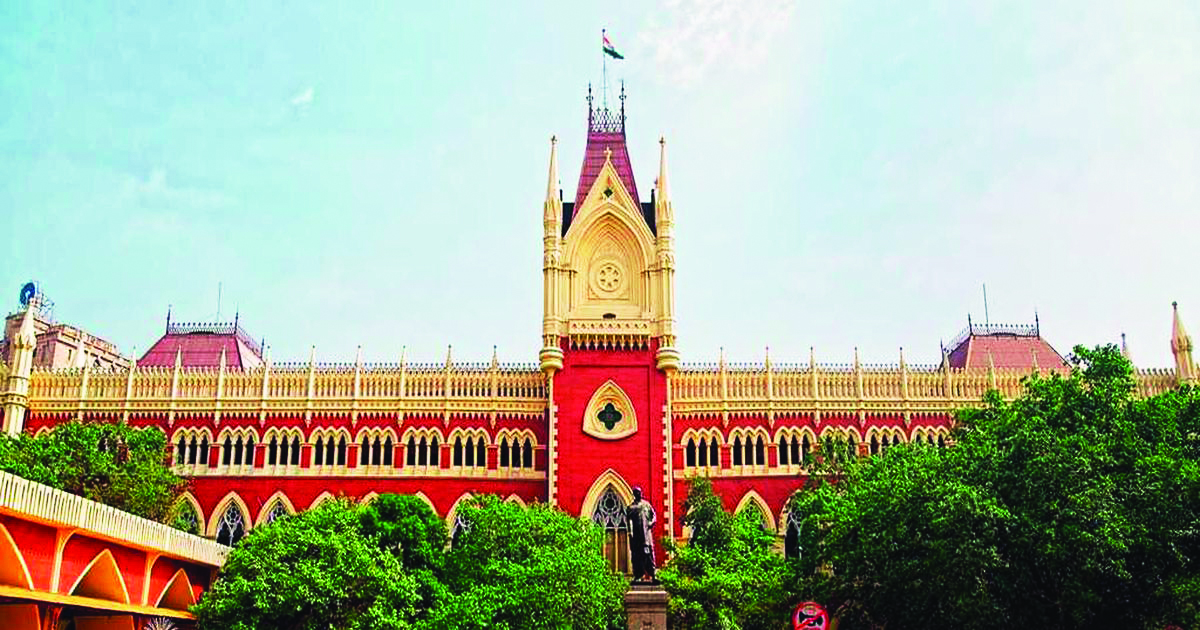Social boycott has no place in a civilised society: Calcutta HC

Kolkata: The Vacation Bench of Calcutta High Court recently observed that any social boycott of a citizen or his family member has to be dealt with strictly by the administration and that this has no place in a civilised society.
The observation was made by Justice Jay Sengupta while hearing a case wherein the petitioner was socially boycotted by the locals because they objected to and obtained an interim injunction order against a temple being constructed in front of the petitioner’s property.
The petitioner, who is the owner of the property in question, had alleged that the private respondents were trying to disturb the possession and enjoyment of the property.
The petitioner had filed a civil suit and obtained an order of injunction, yet the private respondents continued to violate the same. “The prime bone of contention is that a temple that was illegally constructed by the private respondents in front of the petitioner’s property,” it was stated.
The counsel appearing for the state submitted that the state respondent authorities have already initiated a proceeding under Section 107 of the Code. A Title Suit is pending.
Meanwhile, according to the order granted by the Civil Judge of 1st Court at Arambagh in Hooghly, interim injunction was granted restraining the defendants from changing the nature and character and possession of three feet wide and 40 feet long common passage existing in between the suit plot by way of encroachment
till the next date.
While observing that social boycott has no place in civilised society, Justice Sengupta also observed: “However, if any of the parties want to establish any further right in respect of the property in question there shall be a liberty to do so before the Civil Court. None of the parties has any right to take law in his own hand.”
Justice Sengupta ordered the police authorities to keep a sharp vigil at the locale and ensure that no breach of peace takes place, and no order of a Civil Court is violated. “Surveillance shall include frequent visits to the area by police patrol,” the Court directed.



